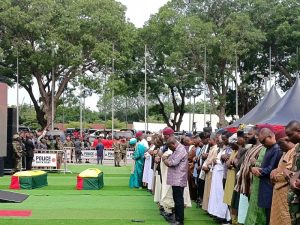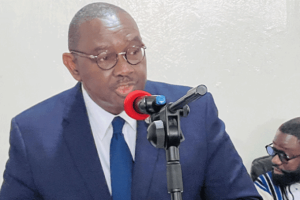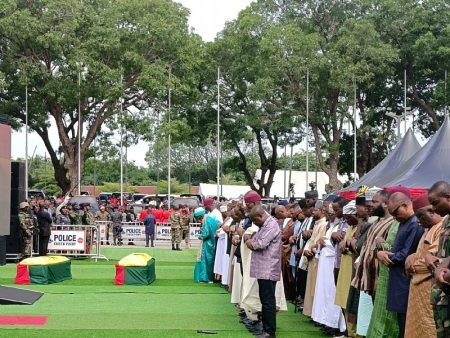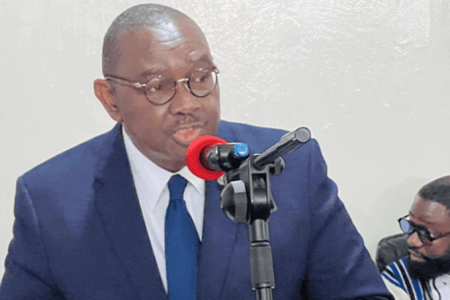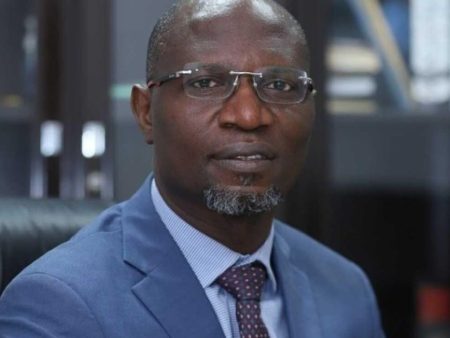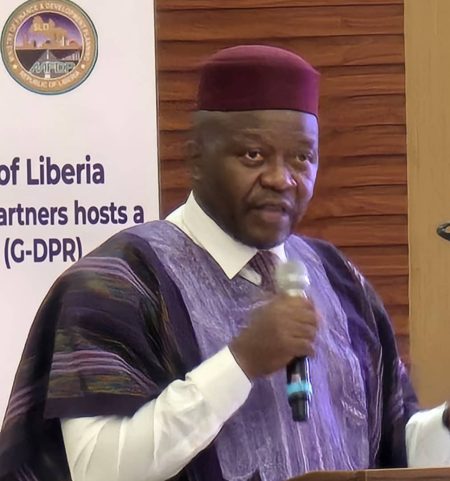The proposed creation of Ose State from the existing Ondo State has ignited a firestorm of controversy, particularly among the indigenes of Owo/Ose Federal Constituency. The bill, introduced by Representative Ife Ehindero, designates Ikare Akoko as the capital of the prospective state, a decision that has been met with staunch resistance from Owo and Ose communities. They argue that the proposal not only disregards their historical significance and administrative centrality but also lacks the crucial element of stakeholder consultation, a cornerstone of democratic governance. The unilateral nature of the decision has been perceived as a calculated attempt to marginalize Owo and Ose, further fueling their discontent.
At the heart of the dispute lies the historical narrative of the region. Owo, the historical headquarters of the defunct Owo Division, once held sway over a vast territory encompassing present-day Akoko and parts of Kogi State. This historical precedence, coupled with Owo’s established infrastructure and socio-political influence, forms the basis of their claim as the rightful administrative center of any new state carved out of the region. The communities argue that the proposal to situate the capital in Ikare Akoko disregards this historical context and undermines Owo’s traditional role. They view the move as a blatant attempt to rewrite history and diminish their standing within the region.
The stakeholders of Owo/Ose Federal Constituency, during a community conference, vehemently rejected the proposed creation of Ose State with Ikare Akoko as its capital. Their communique, read by Chief Gbenga Ale, highlighted the procedural flaws, moral indefensibility, political provocation, and economic untenability of the proposal. They stressed the importance of inclusive consultations, adherence to constitutional procedures, and equitable representation of all stakeholders in any future attempts to redraw the administrative map of the region. The conference reaffirmed Owo’s historical claim as the natural and justifiable location for the capital of any new state carved out of the Ondo North Senatorial District, emphasizing, however, that such a decision should not be made unilaterally but through a consultative process involving both Owo and Ose communities.
The Olowo of Owo, Oba Ajibade Ogunoye, echoing the sentiments of his people, underscored the need for unity and dialogue among the Owo-speaking communities. He emphasized their shared heritage, traditions, and dialect as unifying factors that should transcend any differences. He urged the communities to resolve their issues through peaceful dialogue and collective decision-making, emphasizing the importance of a united front to protect their land and secure their future. His call for unity resonated deeply within the communities, reinforcing their resolve to safeguard their shared interests and ensure their voices are heard in the ongoing debate.
The proposed creation of Ose State has thus exposed underlying tensions and historical grievances within the region. The unilateral decision to designate Ikare Akoko as the capital has not only alienated the Owo/Ose communities but also highlighted the perceived disregard for their historical significance and administrative centrality. The communities’ insistence on inclusive consultation, adherence to due process, and equitable representation underscores their commitment to democratic principles and their determination to protect their interests in any future restructuring of the region.
The ensuing debate over the creation of Ose State serves as a microcosm of the complex issues surrounding state creation in Nigeria. It underscores the importance of historical context, stakeholder engagement, and equitable representation in the process. The outcome of this dispute will not only shape the future of the region but also set a precedent for future state creation exercises in the country. The call for unity and dialogue amidst the controversy offers a glimmer of hope for a peaceful resolution that respects the interests of all stakeholders and ensures equitable development for the region.


